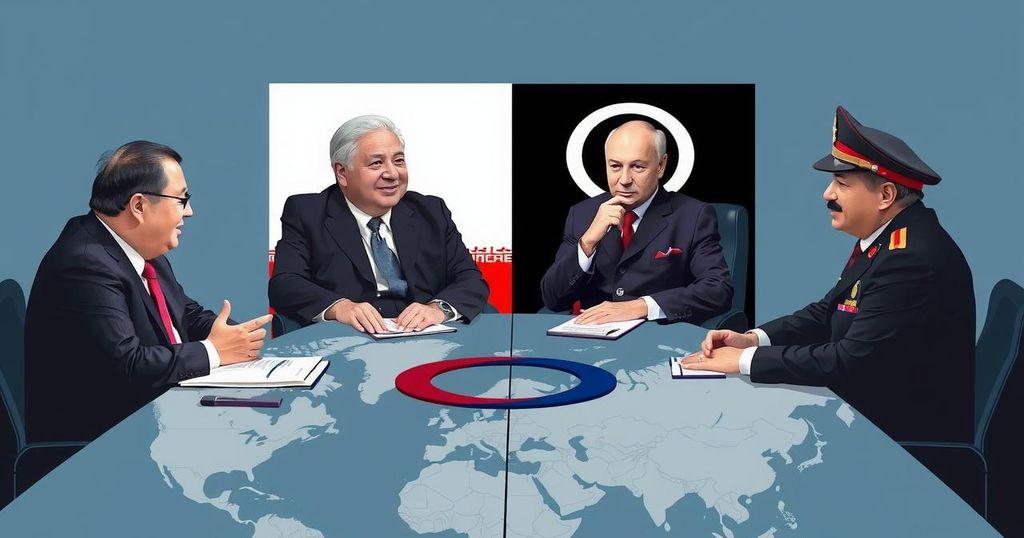Ahead of Donald Trump’s return to office, President Biden approved a national security memorandum aimed at countering growing cooperation among China, Iran, North Korea, and Russia. The document includes recommendations for improving interagency cooperation, enhancing information sharing, optimizing sanctions, and preparing for simultaneous crises. It serves as a strategic guide for the incoming administration in navigating complex international relationships and challenges.
In light of Donald Trump’s anticipated return to the presidency, President Joe Biden has authorized a national security memorandum aimed at addressing the challenges posed by the increasingly cooperative relationship among China, Iran, North Korea, and Russia. Developed over the past summer, this memorandum serves as a strategic guide for the incoming administration, equipping it to navigate the complex geopolitical landscape characterized by the tightening ties of these adversarial nations. The document involves four primary recommendations: enhancing interagency cooperation within the U.S. government, expediting information sharing with allies, optimizing the use of sanctions and economic measures, and preparing for potential simultaneous crises linked to these adversaries.
Years of concern over the collaborative efforts of these four countries have intensified, particularly since Russia’s invasion of Ukraine in 2022. Isolation from the global community has seen Russia increasingly rely on Iran for military supplies and on North Korea for military personnel. Meanwhile, China continues to provide dual-use components crucial for aiding Russia’s military capabilities and engages in military technical cooperation, including joint patrols in the Arctic region. The Biden administration, while differing from Trump’s visions, aims to ensure a smooth transition regarding national security priorities, allowing the new administration to build on established policies without imposing preferences for specific approaches.
The geopolitical dynamics involving China, Iran, North Korea, and Russia have transformed significantly, particularly following the events surrounding Russia’s invasion of Ukraine. The strategic cooperation among these nations poses a multifaceted challenge to U.S. foreign policy. The Biden administration recognizes the necessity of a coordinated response to effectively address the growing influence and collaboration between these adversaries. As the transition of power approaches, it is critical for the incoming administration to have established a clear framework for addressing these complex international relationships.
In conclusion, President Biden’s approval of a national security memorandum reflects a proactive approach to the challenges posed by the collaborative efforts among key adversaries such as China, Iran, North Korea, and Russia. By providing actionable recommendations, the memorandum aims to equip the incoming administration with the necessary tools to effectively manage foreign policy and national security challenges from the outset. This planned continuity underscores the importance of strategic preparedness in an increasingly interconnected global environment.
Original Source: www.pbs.org







